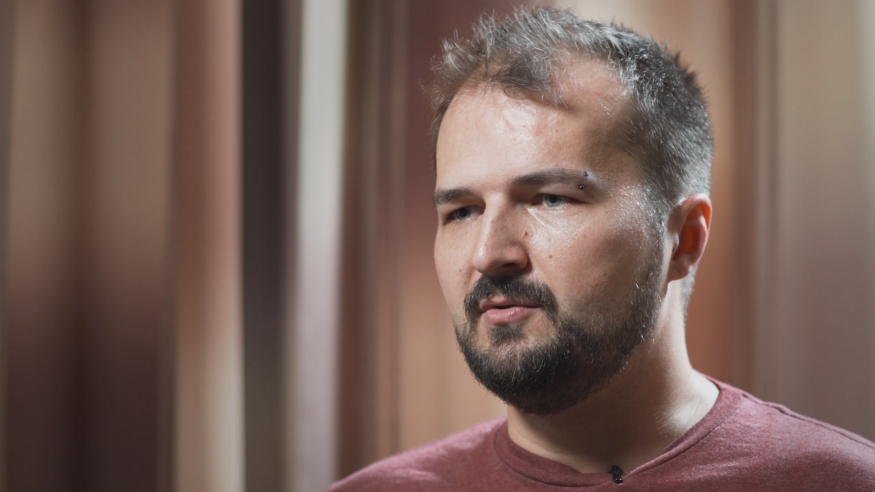Voices of ILGA-Europe: Daniel Martinovic and the battle for rainbow family rights in Croatia

The surprising success of a Croatian picture book for children last year showed that there may be more allies of rainbow families in the country than headlines about burnt effigies and unsuccessful foster care applications might suggest. In the latest Voices of ILGA-Europe video, we meet an activist and father on the frontlines for same-sex family rights in his native country.
In January, a Croatian gay couple who had applied to foster a child were refused for a second time by the Social Welfare Centre in Zagreb, despite a ruling last year by the Administrative Court, giving them the right to foster. “We are a country full of hypocrisy,” Ivo Šegota and Mladen Koži? told Croatian TV news at the time. However, in early February the Constitutional Court issued a separate ruling in favour of same-sex couples fostering. Constitutional decisions must be enforced, and the government is obliged to ensure compliance, so Ivo and Mladen should not be refused by the Social Welfare Centre again.
One of the activists working to secure rights for same-sex couples who already have children, or who wish to form families with children, is Daniel Martinovic of Rainbow Families Croatia (Dugine Obitelji). Daniel spoke to us for the Voices of ILGA-Europe video project at our conference in Prague last October.
“Rainbow Families Croatia work together with LGBTI people with children, and those who want to become parents, and their families,” he explains.
“We do advocacy work to further push for legislation that will be more open and inclusive for family rights of LGBTI people in Croatia, to have access to adoption, to foster care, medically assisted insemination open to everybody, not just heterosexual couples.”
Daniel began working as an LGBTI activist nine years ago, volunteering for the Pride organisation in Zagreb.
“Most of my LGBTI friends were also in some kind of NGOs and I was tired of sitting at home and looking at the situation getting worse,” he says. “I was active in the passing of the civil union law in Croatia in 2014, and right about then a lesbian couple friends of mine wanted to have a child, so I am a donor to them. In doing so we connected with other families, and one of the families started the whole organisation, because we wanted to connect with other rainbow families in Croatia.”
“Currently in Croatia currently, single people can adopt, single people can access foster care, and single women can access medically assisted insemination, but if you’re in a civil union with a person of the same sex, you cannot do so, and that’s clear discrimination.
“And the fact is that our politicians don’t want to make a change because the level of acceptance of LGBTI people in Croatia is still quite low.”
In February an effigy of a kissing gay couple and their child was burnt at a carnival in the Croatian town of Imotski, an action that was condemned by President Zoran Milanovic, government ministers, the Ombudsperson, and LGBTI rights groups including Rainbow Families, which announced that it would file a complaint for “public incitement to hatred and violence” for the “horrifying” act.
Yet, for all the horror of such a hateful act, it seems the picture of support for rainbow families in the country might be a little different. Last year Rainbow Families Croatia published a picture book for children, which turned out to be an unprecedented and surprising success. (You can read the English version of the book, ‘My Rainbow Family’ here.)
“We thought it would be only for us, a couple of families in the organisation,” Daniel explains. “In the end it went to over a 2,000 people in 25 countries. It has really shown us that there are many allies in heterosexual families that want to talk to their children about LGBTI issues.”
The work that ILGA-Europe does with member organisations such as Rainbow Families Croatia is important to Daniel. “The workshops that ILGA-Europe organises throughout the year gives you an opportunity you wouldn’t have, you would be like a small island in your own country. It’s really helped us to become even more visible in a bigger European context, it gives us an easier way to talk to MEP’s in the European Parliament, because it teaches you some skills. It really helps you grow as an organisation, it helps you grow as an individual, so I think it’s really important.”